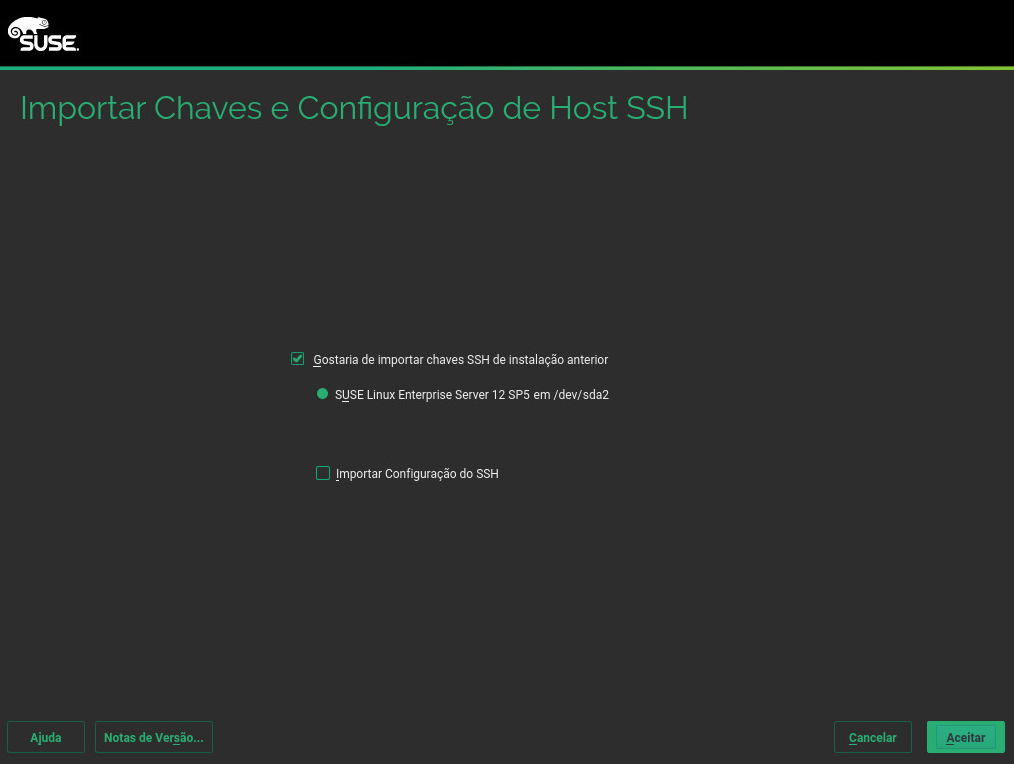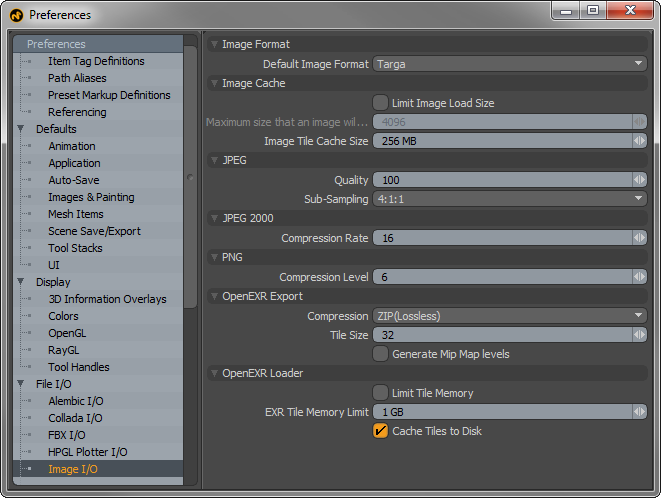


OBJ supports geometry, layers and simple surfacing. The file format being open has been adopted by many other 3D applications because of its simplicity to implement, and for the most part has become a universal exchange format.
#Importing bpc files into modo 801 software
OBJ is a file format developed by Wavefront Technologies for its Advanced Visualizer software package. The loading and saving of LightWave's scene files is not currently supported. Unsupported information is encapsulated and retained, as long as users remain in the LWO format, saving to any other format discard the extra data. Equivalent surfacing data is translated as well, when applicable.
#Importing bpc files into modo 801 full
LWO2 format for geometry, supporting a full array of features including UV, Weight, Morph and Color vertex maps. Exporting keeps the same scene in memory, only writing the selected format to disk. Users can save out the various formats using the 'Save As' command "File > Save As" and specifying the intended format, or by exporting "File > Export", the difference between them being that saving the file as a specific format replaces whatever is in memory, and subsequent saves will continue to overwrite the saved file in the same format (as one would expect). The difference being that opening files makes them their own 'Scene', and importing merges the saved file into the current scene. Users can either read the various formats by either opening them directly "File > Open" and selecting the proper file, or by importing "File > Import.".

modo supports a wide range of file formats for transferring data around. Users rarely work in a single application, so it is important to be a good citizen in the 3D world by supporting standards. One of the original axioms of modo has always been "works well with others".


 0 kommentar(er)
0 kommentar(er)
